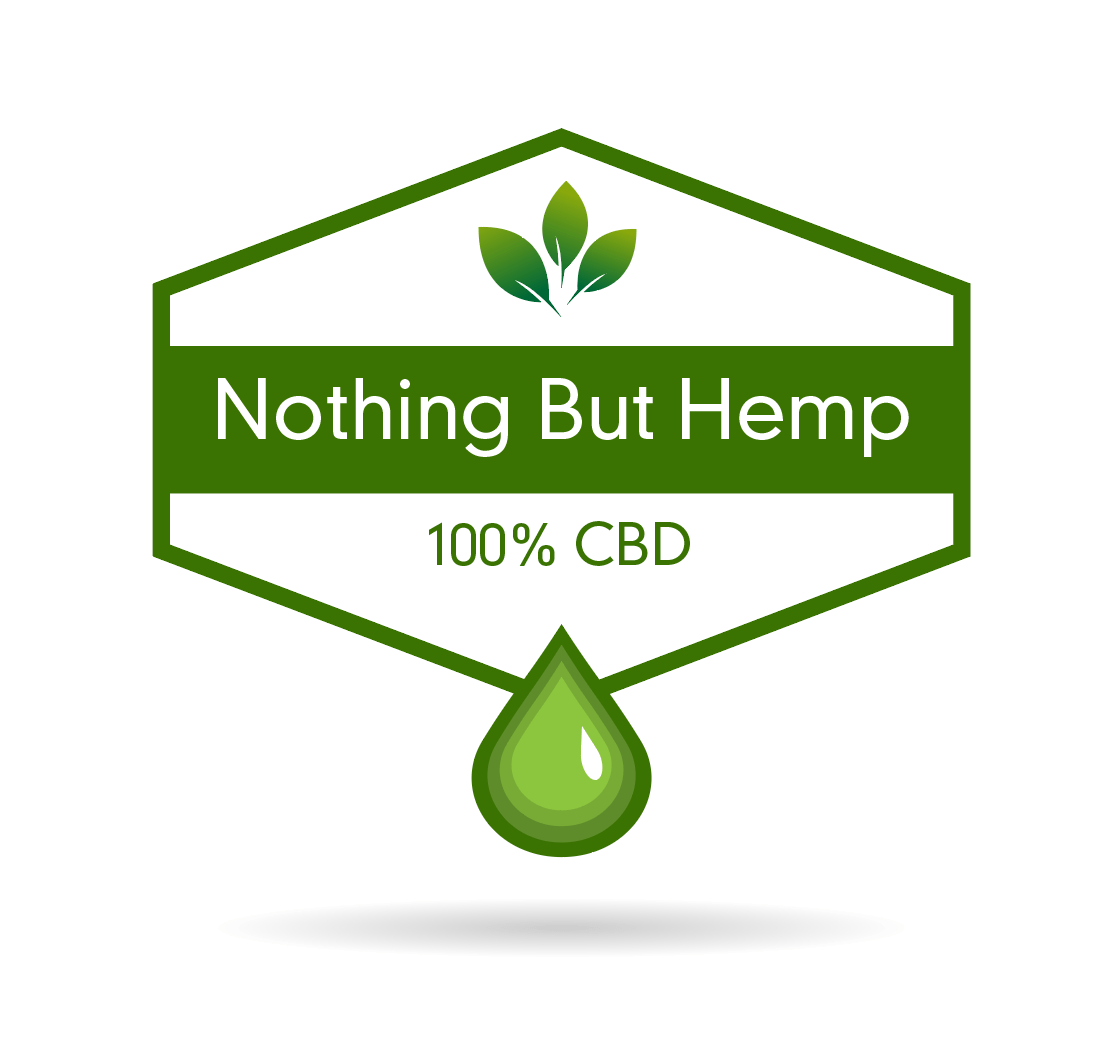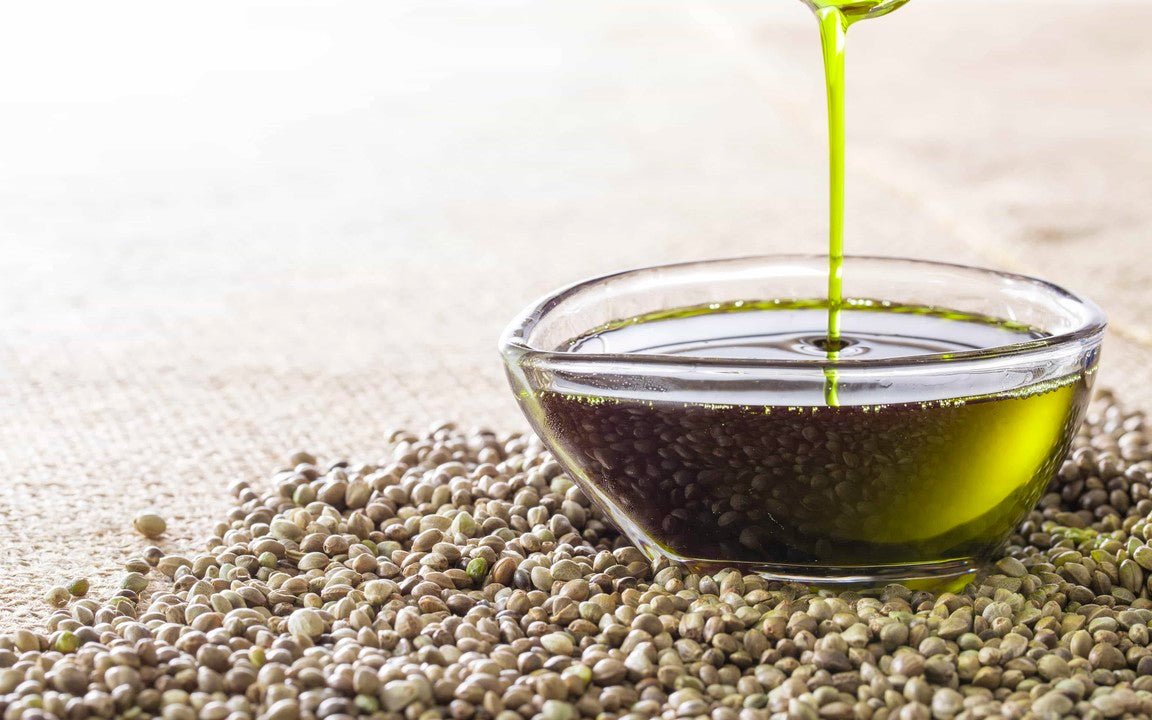“CBD is proving to be a powerful anticancer agent (as acknowledged by the U.S. National Cancer Institute). The American Association for Cancer Research published a paper showing CBD inflicts programmed cell death (PCD) in breast cancer cells” [1]

Cannabidinol (CBD), is a main non-psychoactive cannabis constituent. It is regarded as an anti-neoplastic agent due to research carried out on its in vivo and in vitro activity against tumor cells [2]. This is very exciting news indeed, and something that has been desperately needed by countless women who have suffered in an unimaginable way. In the US, breast cancer ranks as womens' second major reason for cancer-related death. Novel agents such as CBD are required, because the options offered by traditional medical treatment are frequently restricted by acquired resistance or toxicity [1].
Breast Cancer Research
A 2007 study on CBD, entitled: “Cannabidiol as a novel inhibitor of Id-1 gene expression in aggressive breast cancer cells,” published in the journal of Molecular Cancer Therapy, concluded that: “CBD represents the first nontoxic exogenous agent that can significantly decrease Id-1 expression in metastatic breast cancer cells leading to the down-regulation of tumor aggressiveness” [2].
Moreover, results of a 2011 study cited in the same medical journal, noted that: “Cannabidiol induces programmed cell death in breast cancer cells by coordinating the cross-talk between apoptosis and autophagy” [3]. In the trial, the production of CBD elevated reactive oxygen species, and the latter thwarted the stimulation of programmed cell death and cellular destruction. To that end, the trial: “revealed an intricate interplay between apoptosis and autophagy in CBD-treated breast cancer cells and highlighted the value of continued investigation into the potential use of CBD as an antineoplastic agent” [3].
A further study that was conducted in 2006, indicated that THC: “exhibits antitumor effects on various cancer cell types” [4]. The research involved examining various plant cannabinoids' anti-tumor activities. These included: THC acid, cannabidiol acid, cannabichromene, cannabigerol and cannabidiol. An assessment was then made to determine if it is advantageous to use Cannabis extracts enriched in either THC or CBD, when compared to pure cannabinoids. The results were extremely positive, and clearly showed that: “in a panel of tumor cell lines... of the five natural compounds tested, cannabidiol is the most potent inhibitor of cancer cell growth” [3].
At the present time, the way in which CBD actually intermediates the action for cell death is yet to be discovered. But more research is currently underway in various parts of the world for this aspect, as well as many others. The main point to bare in mind now, is that due to CBD's lack of side effects, taking it to try to ameliorate the situation, can only be beneficial.
References:
[1]. Sumpter, Luke (2015). “ Study: Cannabidiol (CBD) Kills Breast Cancer Cells.” Reset. http://reset.me/study/study-cannabidiol-cbd-kills-breast-cancer-cells/
[2]. McAllister SD et al. (2007). “Cannabidiol as a novel inhibitor of Id-1 gene expression in aggressive breast cancer cells.” Mol Cancer Ther. 2007 Nov;6(11):2921-7.
https://www.ncbi.nlm.nih.gov/pubmed/18025276
[3]. Shrivastava A. (2011). “Cannabidiol induces programmed cell death in breast cancer cells by coordinating the cross-talk between apoptosis and autophagy.” Mol Cancer Ther. 2011 Jul;10(7):1161-72. https://www.ncbi.nlm.nih.gov/pubmed/21566064
[4]. Ligresti A. (2006). “Antitumor activity of plant cannabinoids with emphasis on the effect of cannabidiol on human breast carcinoma.” J Pharmacol Exp Ther. 2006 Sep;318(3):1375-87. https://www.ncbi.nlm.nih.gov/pubmed/16728591








































